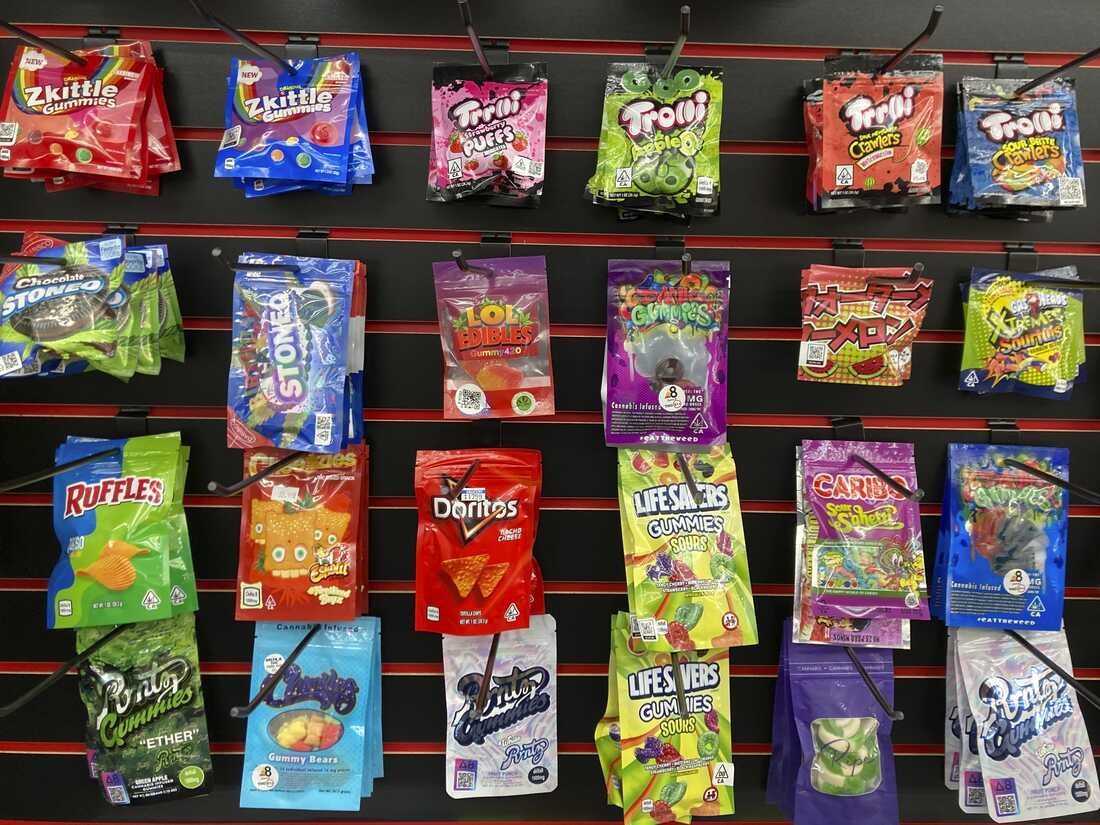The Western Cape Provincial Parliamentary Standing Committee on Transport has cautioned motorists and government departments not to modify their cars with aftermarket products, such as fuel additives, magnets, and airflow modifiers, that have not been approved and authorised by a trustworthy vehicle manufacturer.
It follows a visit to the Sasol Fuels Applications Centre in Cape Town to discuss a variety of concerns affecting motorists in the Western Cape, in particular the issue of fuel modifiers.
Vehicle additives are sold with the promise of improving a car’s performance and engine health, while some claim to reduce fuel consumption.
Sasol’s briefing showed how important it is for anyone to use tested products by respectable institutions, said Ricardo Mackenzie, MPP – DA Western Cape Spokesperson on Transport.
“Given the state of the country’s economy and the sky-high fuel prices, it is understandable that consumers are attempting in every way possible to save money and pay less for goods wherever practicable. However, the long-term effects of adding fuel additives to vehicles are seriously detrimental and, in many cases, irreversible.”
During the oversight meeting, Sasol also reiterated its commitment to contribute to a greener economy. The Western Cape Provincial Government has already made the move towards encouraging, supporting and upskilling businesses in the green economy. An all-of-society approach is also needed in this regard, and we urge higher institutions of learning to come on board to foster a new generation of entrepreneurs and graduates for the green economy.
The Standing Committee on Transport led by the DA in the Western Cape said it would continue to engage roleplayers within the energy sector on ways to assist motorists as they navigate the cost of living crisis.
Fuel pills: serious or scam? https://t.co/qxrbW7HjNu #ArriveAlive #FuelSaving @MasterDriveSA pic.twitter.com/GhZ3ENQBJ1
— Arrive Alive (@_ArriveAlive) July 4, 2022
Earlier this year, experts warned motorists against the use of ‘fuel pills’ as means of saving on fuel costs amid record prices at the pumps. The attempt to develop a ‘pill’ that can save motorists fuel and reduce emissions is not new, experts warned. Internationally, companies that developed this pill have all halted or been forced to halt legally.
The so-called “fuel saving” pills come in black and green sachets, and drivers are encouraged to place them in the fuel tanks when they’re filling up. The idea is that they help reduce fuel consumption while also improving performance.
Sasol, however, claims the pills are a scam following a range of tests.
Speaking on eNCA, Sasol’s senior technical adviser for retail and commercial Adrian Velaers said the energy group tested the pills in several ways – showing less than a 1% difference in fuel efficiency in each case.
“These pills claim that they can save you 10% to 30% in fuel consumption, but they did absolutely nothing,” said Velaers, adding that the pills could have a detrimental effect on a vehicle’s engine.
“Things you put in your tank can damage your fuel gauge, airflow and turbo. These sort of things would not be covered by your warranty,” he said.
Read: Beware these petrol-saving gimmicks in South Africa












 (Updated 2025)
(Updated 2025)






Discussion about this post